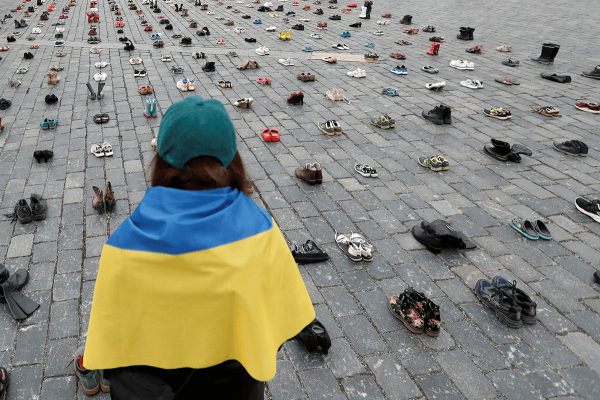Feb 16, 2023
As the war in Ukraine enters its second year, Ukrainian citizens are hurting and exhausted. Meanwhile, Russia is mounting a new counter-offensive and Ukraine is restocking weapons from its allies, including the U.S. Hundreds of thousands of soldiers and civilians have been killed and wounded, both Ukrainian and Russian, yet the war grinds on without an end in sight.
Read the Full Article

Already a subscriber? Login
